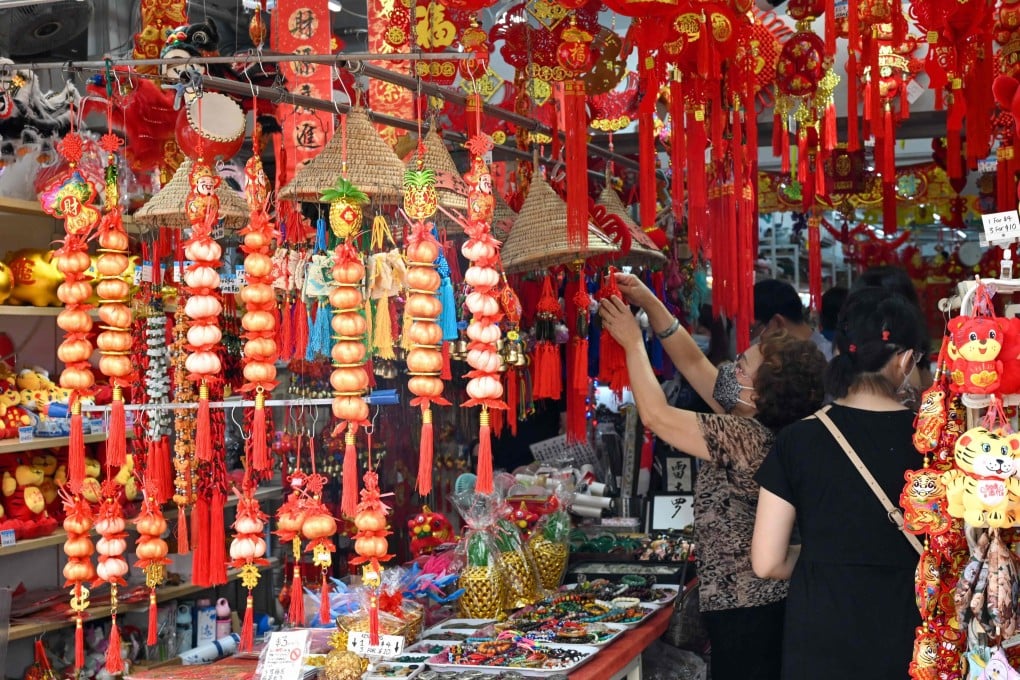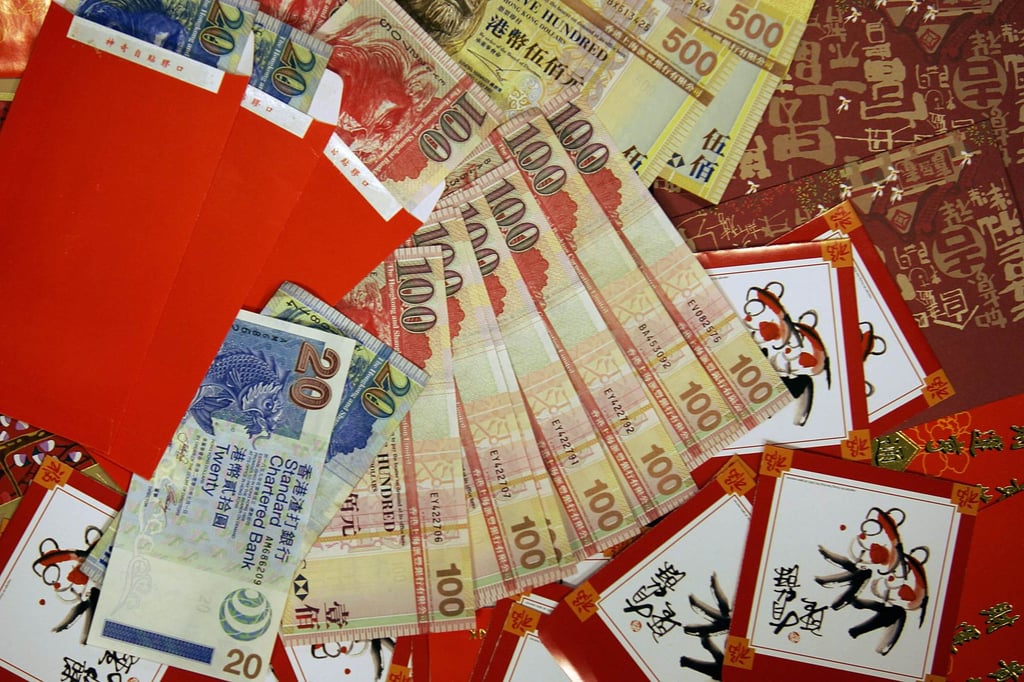Singapore’s young ponder Lunar New Year’s hongbao custom: ‘financial strain is painful’
- It’s traditional for cash-filled hongbao, or ang pow, to be given by married couples to parents, single adults, children at Lunar New Year
- But some, including newlyweds, find the ritual old-fashioned and believe pressure comes from amount often being linked to filial piety, respect

She’s celebrating the festivities as a newlywed and according to Chinese custom, married couples are expected to give out red cash-filled envelopes – known as hongbao or ang pow (lai see in Hong Kong) – to parents, single adults and children.
She was originally hesitant to give out red packets to her peers, such as her cousins and friends, during her first year of marriage but was persuaded by her mother-in-law to see it as a simple gesture of thanksgiving and blessing towards others.
“Chinese customs and traditions exist and we ought to embrace them where applicable. But I also firmly believe that not all traditions should be blindly followed without understanding the significance,” she said.

She added, “if it’s about showing off how much money I have and can give, then I’d rather opt out”.